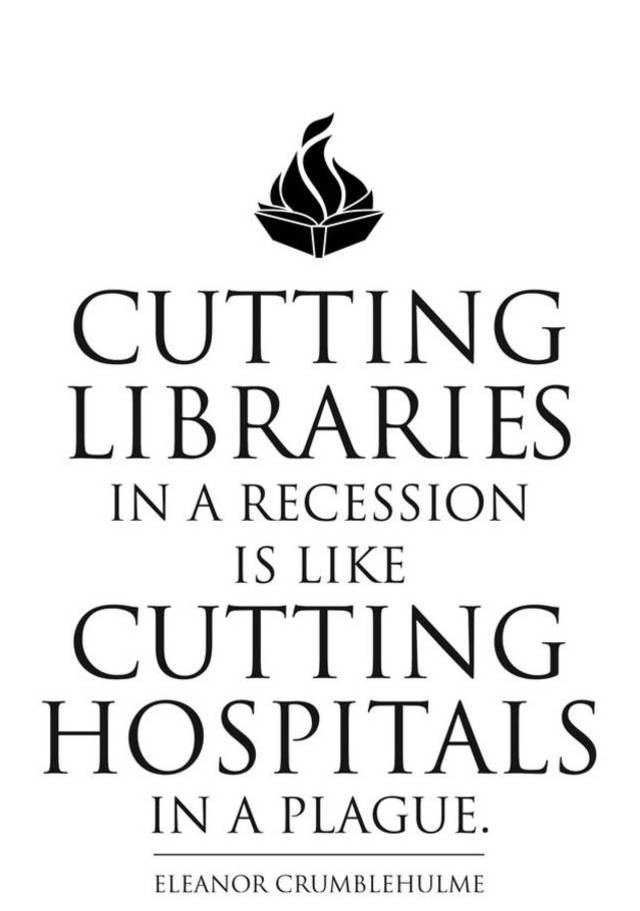If it ain’t broke, don’t fix it are words everyone should live by. But I would also like to add the condition if it works then don’t update it! There are many obvious reasons for updating technology and unfortunately many of them have absolutely nothing to do with the introduction of a better technology.
Over 40 years ago my father surprised my mother with a new sowing machine. My mother still uses the machine regularly. Naturally as a sowing machine manufacturer this is probably not a good deal. It would have been much better if my family had been forced to purchase a replacement twenty or thirty years ago. The Swedish consumer board stated ten years ago that the natural life expectancy of a mobile phone is two years. But phone manufacturers need to create desire for new versions to make sure that we are constantly giving them more money.
But what really bugs me is when manufacturers add technology to stuff that doesn’t need it. Touch screens on cookers and sensors in public bathrooms are among my main annoyances here.
Right now one of my most successful gadgets is my kindle. Now I would like them to update the ability to share books even beyond what Amazon has started to do. But my greatest fear is that some tecchie will feel the need to improve on the device to reach a greater market. The kindle is perfect because it mimics the book:
Why the paper book is a great technology:It doesn’t come with its own method of distracting you from itself via Benteka
Adding color screens, better keyboards and most dangerously touchscreens is going to happen – for all the wrong reasons. For a reader the lack of connectivity, the sucky keyboard & the fact that the reader is basically good at only one thing are all major strengths with the device.


